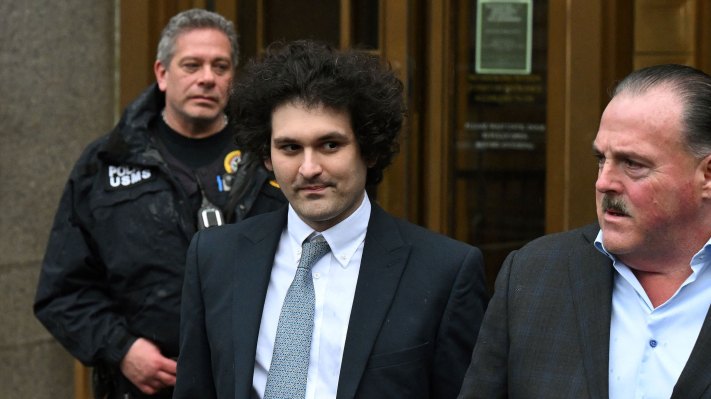[ad_1]
User deposits were used for investments, real estate, political contributions and charity, the professor said

The Sam Bankman-Fried trial is 11 days in and witnesses continue to take the stand on behalf of the prosecution’s case. The defamed former co-founder of FTX and Alameda is on trial for seven criminal charges related to fraud and money laundering.
On Wednesday, Peter Easton, an accounting professor at University of Notre Dame, testified regarding whether or not the FTX collapse was predicated on fraud. Easton also assisted government officials’ prosecution of prior scandals like Enron and WorldCom.
Easton was hired by the U.S. Department of Justice to trace the billions of dollars that flowed between Alameda and FTX, many of which were customer funds. He provided analysis by tracking and compiling thousands of pages of bank statements and internal documents from FTX. When prosecutors asked Easton if FTX ever spent user funds, he said, “oh, yes.”
The deposits from FTX users were used by the exchange and its sister company Alameda Research for investments, real estate, political contributions and charity, Easton added.
Earlier this week, former senior FTX executive Nishad Singh testified along similar lines. Singh said Bankman-Fried and other FTX executives spent $8 billion worth of customer funds on real estate, venture capital investments, campaign donations, endorsement deals and even branding a sports stadium.
Singh, who has already pleaded guilty to fraud, money laundering and violation of campaign finance laws, said Monday that he learned of the massive hole in Alameda’s books as a result of a coding error that “prevented the correct accounting” of user deposits by around $8 billion. He also testified that Bankman-Fried was “in general the one making the final decision on investments and investment team decisions as a whole.”
Easton testified that in June 2022, FTX only had $2 billion available for withdrawals even though about $11.3 billion had been deposited by users.
At the time, FTX spent $228 million on real estate and about $195 million on “insiders,” or executives at FTX and Alameda, Easton testified. Prosecutors pulled up charts tracking FTX customer funds’ inflows and outflows through various avenues. The government also showed evidence from company Slack messages between Bankman-Fried and other employees indicating that they knew where funds were coming from and being allocated to.
The Bahamas-based hedge fund Modulo Capital, co-founded by one of Bankman-Fried’s exes — Xiaoyun “Lily” Zhang — received over $400 million in capital from Alameda that was sourced from FTX customer funds, Easton testified. During cross-examination, he stated that he traced Modulo’s investment through the FTX database.
While the Modulo investment was a whopping amount, it wasn’t the only such transaction that used customer funds — Easton testified that his investigation into FTX and Alameda found that customer funds were used for a majority of FTX’s investment into companies like Celsius, Anchorage, Anthony Scaramucci’s SkyBridge Capital as well as bitcoin mining company Genesis Digital Assets.
While some capital deployments were fully funded by customer funds, other investments only had “some” customer funds, Easton said. The distinction does little to shake the picture of fraud that the government is crafting.
[ad_2]
techcrunch.com




